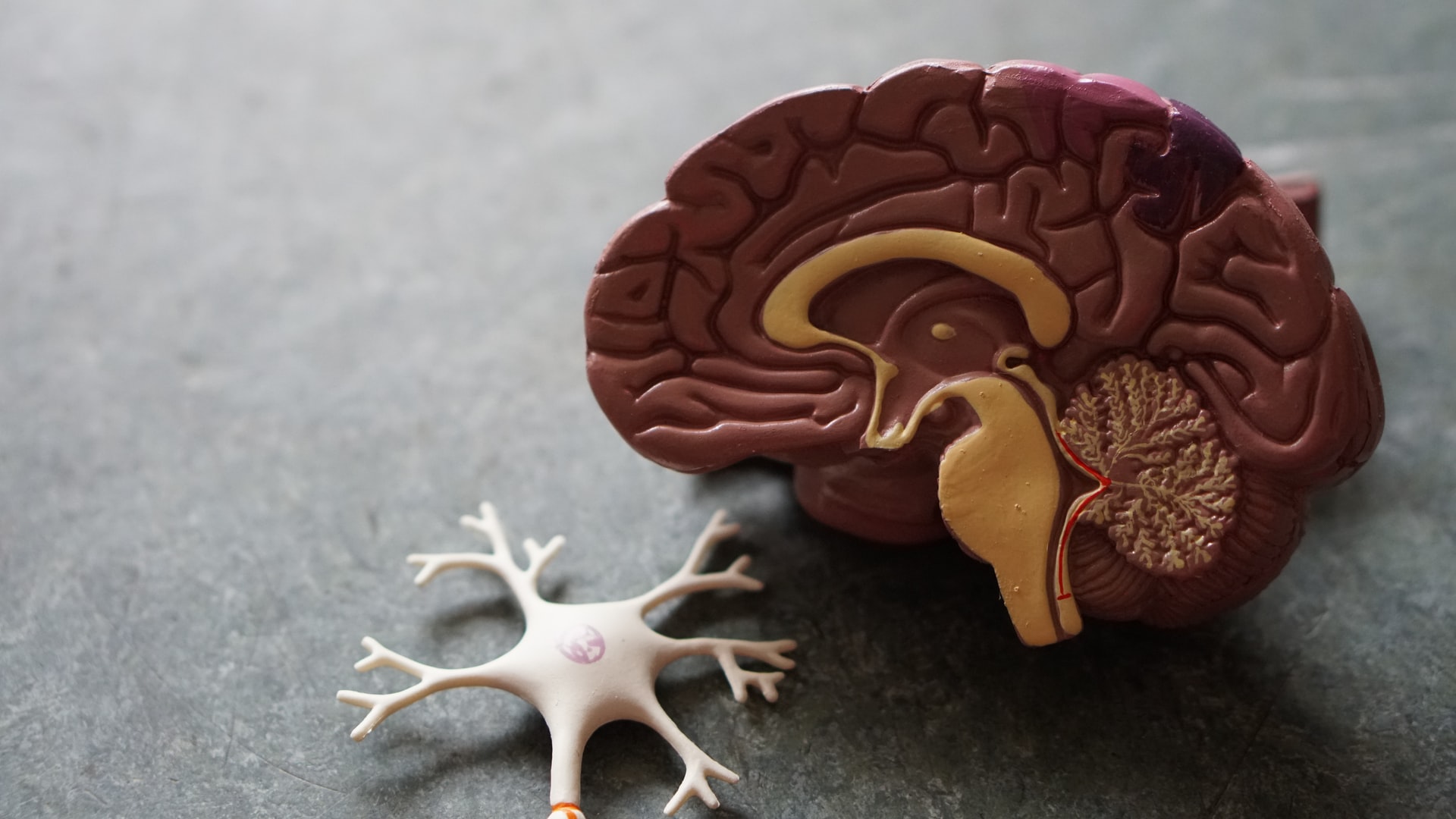Once you were a little child whose parents arranged for your meals, your clothes, your education, on and on the list could go. You never doubted that your mom or dad would be able to meet all your needs. They set you off into life with the best tools they could and seemed so capable. Now you are noticing that their capability seems to be slipping. It worries you to realize that you need to care for your parents in a way that they once cared for you.
 Physical aging looks different for everyone. Memory loss does not affect all seniors, but those who do experience it, face incredible challenges. Different types of memory loss come with aging, ranging in severity, from simple dementia to progressional Alzheimer’s. It takes great compassion to cope with the changes, compassion for the one losing their memory, and compassion for you, the caregiver.
Physical aging looks different for everyone. Memory loss does not affect all seniors, but those who do experience it, face incredible challenges. Different types of memory loss come with aging, ranging in severity, from simple dementia to progressional Alzheimer’s. It takes great compassion to cope with the changes, compassion for the one losing their memory, and compassion for you, the caregiver.
What is dementia?
Dementia is a broad term that people may apply to the symptoms of memory loss associated with aging. There are many types of dementia that can be the result of trauma, disease, genetic predisposition, or lifelong chronic health conditions. While the causes are varied, you may notice many similar symptoms, such as forgetfulness, inability to manage basic hygiene and self-care, or not being able to participate in previously enjoyed activities and hobbies.
Within the memory gaps, there are often surprising elements of lucidity. While your parents may forget where they leave the car keys or how to write a check, they may have an accurate and detailed memory of events from years ago. Short-term memory loss is often the first thing to go.
Other things to watch for:
- Forgetting directions to places they go habitually
- Putting things away in strange places
- Losing track of bills and money
- Resistance to personal hygiene
 Wandering aimlessly
Wandering aimlessly- Forgetting how to use the bathroom
- Unable to recognize friends and family
It is important to stay in touch with your parents’ doctor as you both go through this process. Communication with the professionals can help you determine what medications and interventions are going to be necessary at this time.
In cases of severe dementia, verbal communication may become incredibly difficult. Sometimes there is a complete loss of language, a reverting back to a childhood language or mother tongue, and just complete silence. This communication breakdown creates added difficulty in caring for the needs of a loved one with dementia.
What is Alzheimer’s?
Alzheimer’s is one of the most severe forms of dementia and often comes with significant personality shifts. It is not uncommon for someone with Alzheimer’s to become aggressive and defensive. When they no longer recognize loved ones, they may lash out
Taking a shower or getting dressed might prompt the fight or flight response in them. They can switch from being sweet as honey to angry as a hornet in a moment. You mustn’t take this personally. The disease is interfering with their ability to distinguish friend from foe.
 Being seen as an enemy by someone you love dearly can take a huge toll on your mental health. It is important to understand that it is not personal and does mean that your parents no longer love you. This disease can feel like your parents have been stolen from you, and learning to accept their new personality will be hard.
Being seen as an enemy by someone you love dearly can take a huge toll on your mental health. It is important to understand that it is not personal and does mean that your parents no longer love you. This disease can feel like your parents have been stolen from you, and learning to accept their new personality will be hard.
Take time to learn what your parents still remember that brings them joy. Many Alzheimer’s patients will enjoy reliving happy memories and show attachment to things from the past. Certain family movies or photo albums can bring them a great deal of joy. Others will only become frustrated by being shown pictures of people they can no longer remember.
There are different stages in the progression of Alzheimer’s:
- They know they are losing their memory
- They know something is wrong, but don’t know what
- They no longer recognize many things or people
- They revert to a comfortable state of not knowing
In the first few stages, there can be a lot of anger. Loss of memory is a painful process. As you walk through this journey with your parents, it is important to savor the good days and hold on to the promises of God, who does not forget.
Some Promises from God
For my father and my mother have forsaken me, but the Lord will take me in. – Psalm 27:10, ESV
The disease may feel like it has taken your parent, but the Lord will never forget you. The sadness that accompanies caring for someone with dementia or Alzheimer’s is important for you to acknowledge. Make sure you take steps to care for your own mental and emotional health through this time.
But Zion said, “The Lord has forsaken me; my Lord has forgotten me.” “Can a woman forget her nursing child, that she should have no compassion on the son of her womb? Even these may forget, yet I will not forget you. Behold, I have engraved you on the palms of my hands; your walls are continually before me. – Isaiah 49:14-16, ESV
…for he has said, “I will never leave you nor forsake you.” So we can confidently say, “The Lord is my helper; I will not fear; what can man do to me?” – Hebrews 13:5b-6, ESV
Remember these things, O Jacob, and Israel, for you are my servant; I formed you; you are my servant; O Israel, you will not be forgotten by me. – Isaiah 44:21, ESV
 No matter what happens, no matter what difficult choices you have to make, God remembers both you and your parents. If you have a Christian parent, they may find the repeating of God’s promises of love to be comforting as well. If they taught you memory verses, it will be deeply embedded into their memory as well. Repeating favorite promises can be a wonderful way to connect on hard days.
No matter what happens, no matter what difficult choices you have to make, God remembers both you and your parents. If you have a Christian parent, they may find the repeating of God’s promises of love to be comforting as well. If they taught you memory verses, it will be deeply embedded into their memory as well. Repeating favorite promises can be a wonderful way to connect on hard days.
You clothed me with skin and flesh, and knit me together with bones and sinews. You have granted me life and steadfast love, and your care has preserved my spirit. – Job 10:11-12, ESV
But do not overlook this one fact, beloved, that with the Lord one day is as a thousand years and a thousand years as one day. – 2 Peter 3:8, ESV
This is temporary, a short season. Knowing that God promises the joy of eternity, with full health and vigor can be a wonderful promise for the short season of forgetfulness and fear. Disease and pain are temporary, and many wonderful medicines can aid in alleviating the severity of symptoms.
Do not neglect to show hospitality to strangers, for thereby some have entertained angels unawares. – Hebrews 13:2, ESV
The day may come when you and your parents seem like strangers. The familiar loved one behaves in ways that seem at odds with the past. They no longer even recognize your face. While this will alter your relationship, it does not need to alter your love.
The love of God reaches past the face value to the heart and cares for the needs of each person wherever they are at. Practicing hospitality to the loved one turned stranger is a continued expression of trusting God through this hard season.
Your Needs
Caring for a loved one with memory loss takes a huge toll on the caregiver. In this season you must maintain the best practices of self-care. You are at a much higher risk for depression, anxiety, and generalized stress when you are caring for someone with dementia or Alzheimer’s. Remember that it is a good thing to seek help for your situation, both spiritual and practical. You do not have to go through this alone.
“Disbelief”, Courtesy of Rad Cyrus, Unsplash.com, CC0 License; “Brain Model”, Courtesy of Robina Weermeijer, Unsplash.com, CC0 License; “Love in Winter”, Courtesy of Esther Ann, Unsplash.com, CC0 License; “Reaching Out”, Courtesy of Youssef Naddam, Unsplash.com, CC0 License






